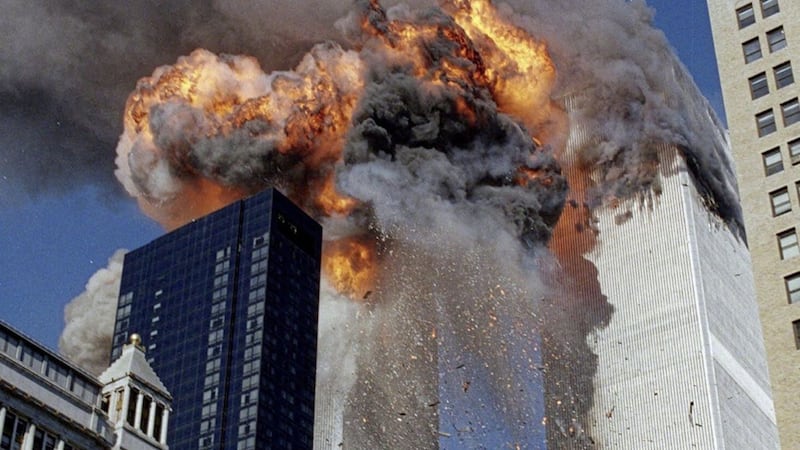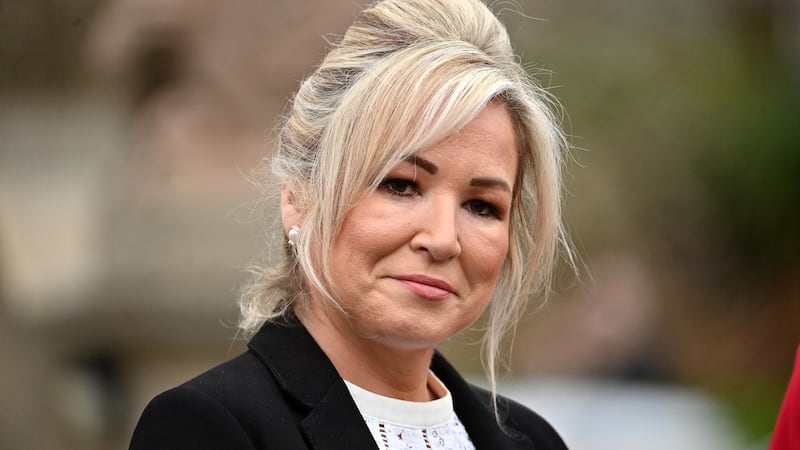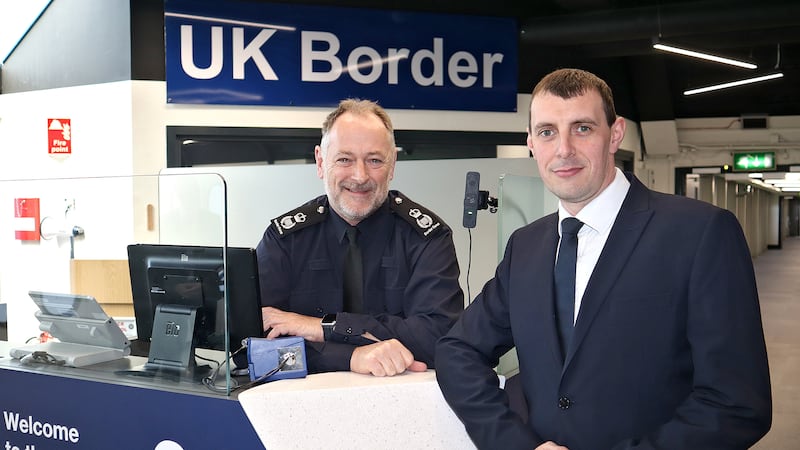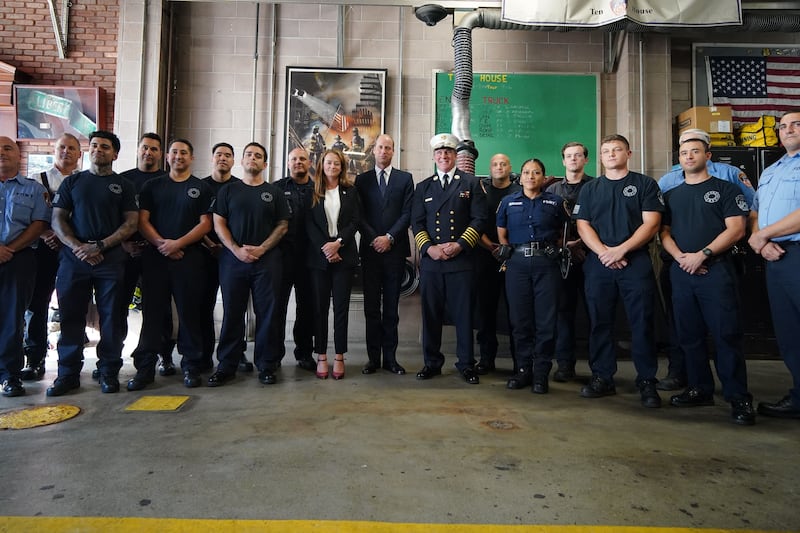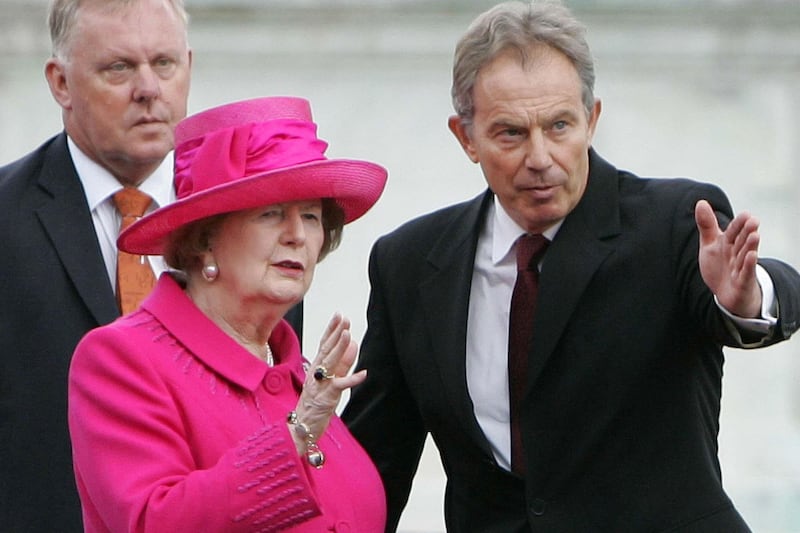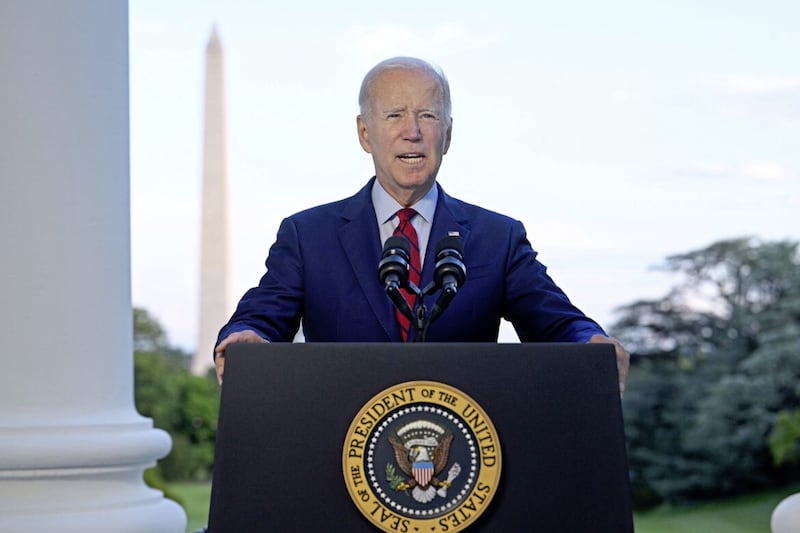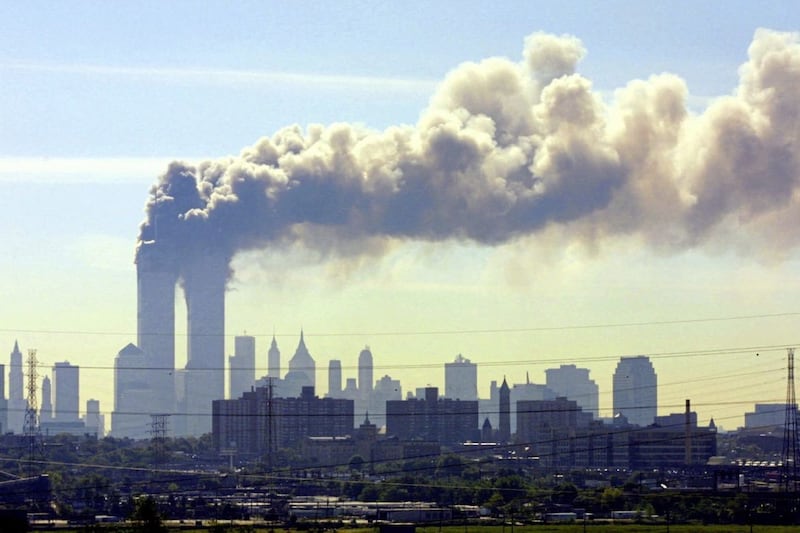THE IMPACT of the World Trade Center attacks was felt globally and even had ramifications for the Irish peace process.
Although the Good Friday Agreement had been signed more than three years before, peace was still fragile in 2001.
Slow progress on decommissioning hindered the agreement in its early years, with unionist leaders concerned about the IRA's arsenal of weapons and explosives. Weeks before the attacks had also seen the arrest of the so-called Columbia Three, a group of republicans accused of training leftist guerrilla group Farc.
On the morning of September 11, US special envoy Richard Haass met Gerry Adams in Dublin, where he reportedly questioned the IRA’s commitment to the peace process and warned that American engagement with Sinn Féin, including the provision of travel visas to the party’s leaders, could be jeopardised.
But the 9/11 attacks brought impetus to the process and led to a reappraisal of the justification for political violence, especially among Irish-Americans who'd previously supported the IRA's armed campaign. An editorial in The Irish News two days after the New York attacks echoed these sentiments.
A combination of US diplomacy and the influence of the diaspora, coupled with ongoing efforts by the British and Irish governments, led to the IRA’s historic announcement six weeks later on October 23, when it said that it had begun decommissioning its weapons.
